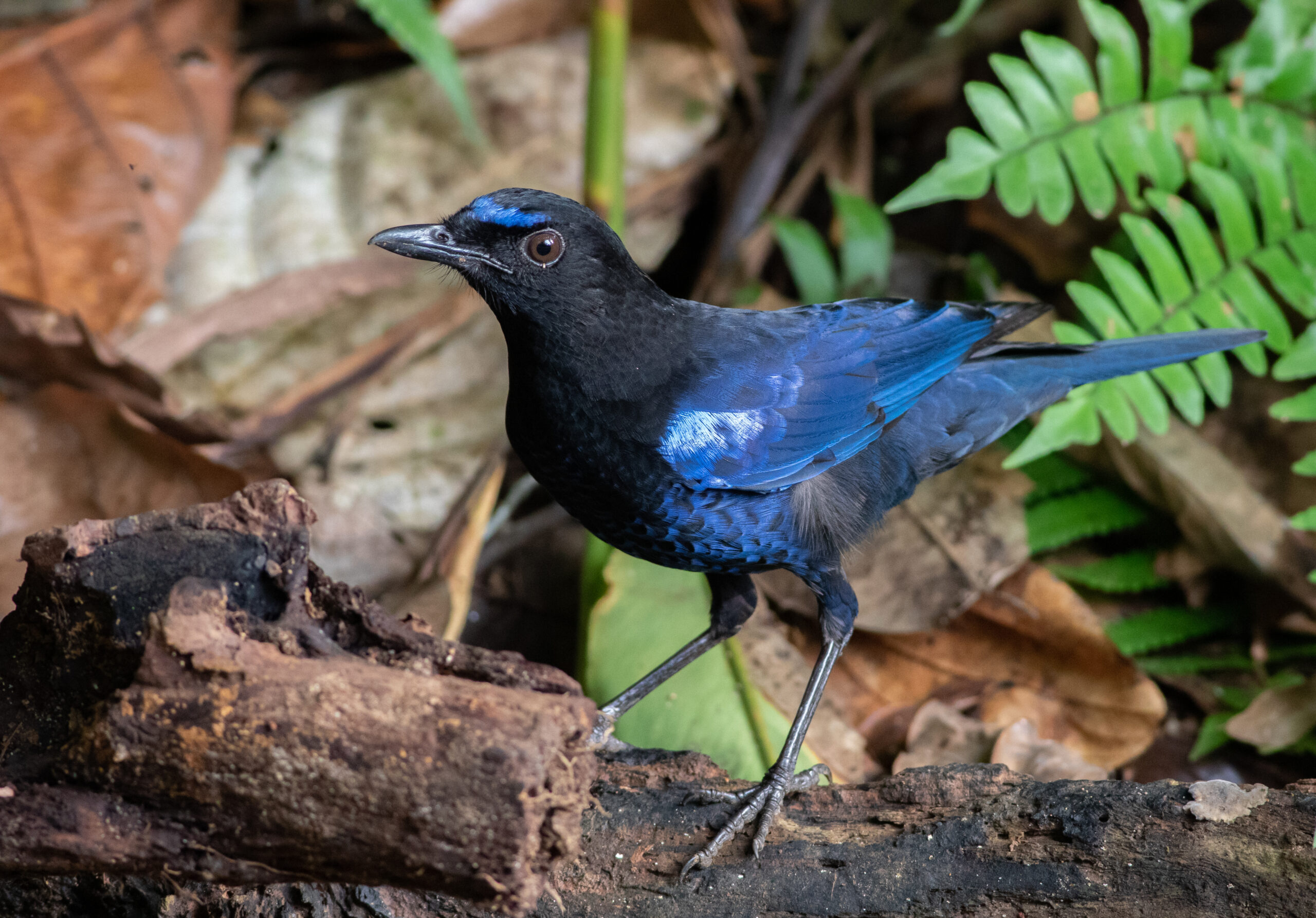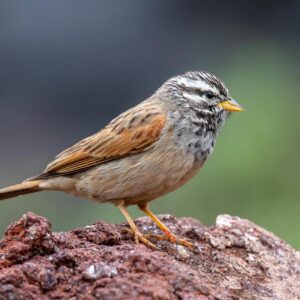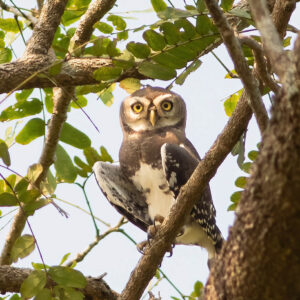Description
Sanjay Gandhi National Park is a peaceful oasis nestled in the bustling city of Mumbai. It’s an ideal destination for nature enthusiasts and birdwatchers seeking a quick escape from the city. The park boasts a diverse ecosystem with an impressive array of bird species, making it a hotspot for bird-watching in Mumbai. The verdant landscapes and tranquil water bodies within the park provide a conducive environment for various resident and migratory birds to thrive. The park is also home to a good population of herbivores like Spotted deer, Sambhar, Barking and mouse deer, as well as more than 40 Indian Leopards. Rusty-spotted cats and rarely a leopard cat have also been documented from the national park. Not to forget, Sanjay Gandhi National Park is the only national park on planet Earth located in the heart of a metropolis city.
Birding in the park: With multiple trail routes, visitors can explore the park’s beauty and enjoy bird-watching along the way. Some of the most popular trails include the Shilonda Trail, Malad Trail Line, Kanheri/ Upper Trail, Bamboo Hut Trail/ Gaumukh Trail, Highest Point Trail, Kashimira Trek, Nagla Block Trail & Thane Manpada Trail. Forest department permission is mandatory to explore the park.
eBird Hotspot & Bird Checklist – https://ebird.org/india/hotspot/L2080385
Nearest Train station: Borivali, Thane & Vasai
Target species expected: Species expected would be Greater racket-tailed drongo, Rufous treepie, Crested hawk eagle, Crested Serpent eagle, Common hawk cuckoo, Black-rumped flameback, Golden-fronted leafbird, Indian Paradise flycatcher and Red-breasted flycatcher.
Best time to visit: Nov to Feb & June to Sep





